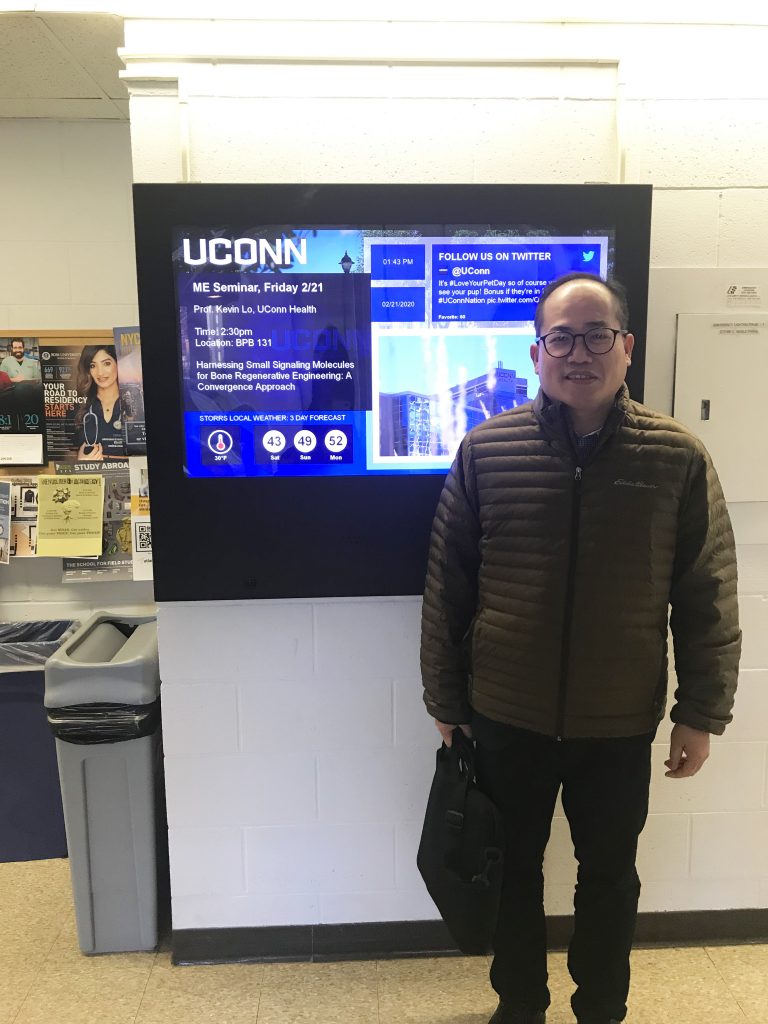
This past weekend Dr. Cato T. Laurencin received the 2019 UNESCO-Equatorial Guinea International Prize for Research in the Life Sciences, becoming the first American to earn this prestigious award. The ceremony took place during the Africa Union Heads of States Summit located in Addis Ababa, Ethiopia.
The Prize is awarded to a maximum of three laureates who have made significant efforts through scientific research towards improving the quality of human life. Dr. Laurencin was formally selected by the UNESCO Director-General for his fundamental contributions in the field of regenerative engineering, a field he has pioneered. He is known worldwide as a leader in biomaterials, nanotechnology, stem cell science, drug delivery systems, and regenerative engineering.
During Dr. Laurencin’s acceptance remarks, he stated “I am proud, humbled and invigorated to receive the only International Prize in Science given by the continent of Africa. As the first person from the African Diaspora to receive this award, I am re-dedicated to expanding the new field I have founded of Regenerative Engineering, creating new solutions for the world.”
At the University of Connecticut, Dr. Laurencin is the University Professor, the eighth to be designated by the school in its over 135 year history. He is Professor of Chemical and Biomolecular engineering, Materials Science and Engineering, and Biomedical Engineering; the Albert and Wilda Van Dusen Distinguished Endowed Professor of Orthopaedic Surgery; and Chief Executive Officer of the Connecticut Convergence Institute for Translation in Regenerative Engineering.
In 2016, Dr. Laurencin received the National Medal of Technology and Innovation, the highest honor bestowed in America for technological achievement, presented by the President of the United States. He received the Philip Hauge Abelson Prize from the American Association for the Advancement of Science “for signal contributions to the advancement of science in the United States.” In addition, he has also received the National Institutes of Health (NIH) Director’s Pioneer Award and the National Science Foundation (NSF) Emerging Frontiers in Research and Innovation Grant Award.
Dr. Laurencin is an elected member of the National Academy of Medicine, National Academy of Engineering, the American Academy of Arts and Sciences. He is the first person to win the oldest honors of both the National Academy of Engineering (the Simon Ramo Founders Award), and the National Academy of Medicine (the Walsh McDermott Medal). He is a fellow of the National Academy of Inventors and the American Association for the Advancement of Science. Internationally, he is an elected fellow of the African Academy of Sciences, the Indian National Academy of Sciences, the Indian National Academy of Engineering, and the World Academy of Sciences, as well as an Academician and elected member of the Chinese Academy of Engineering.






